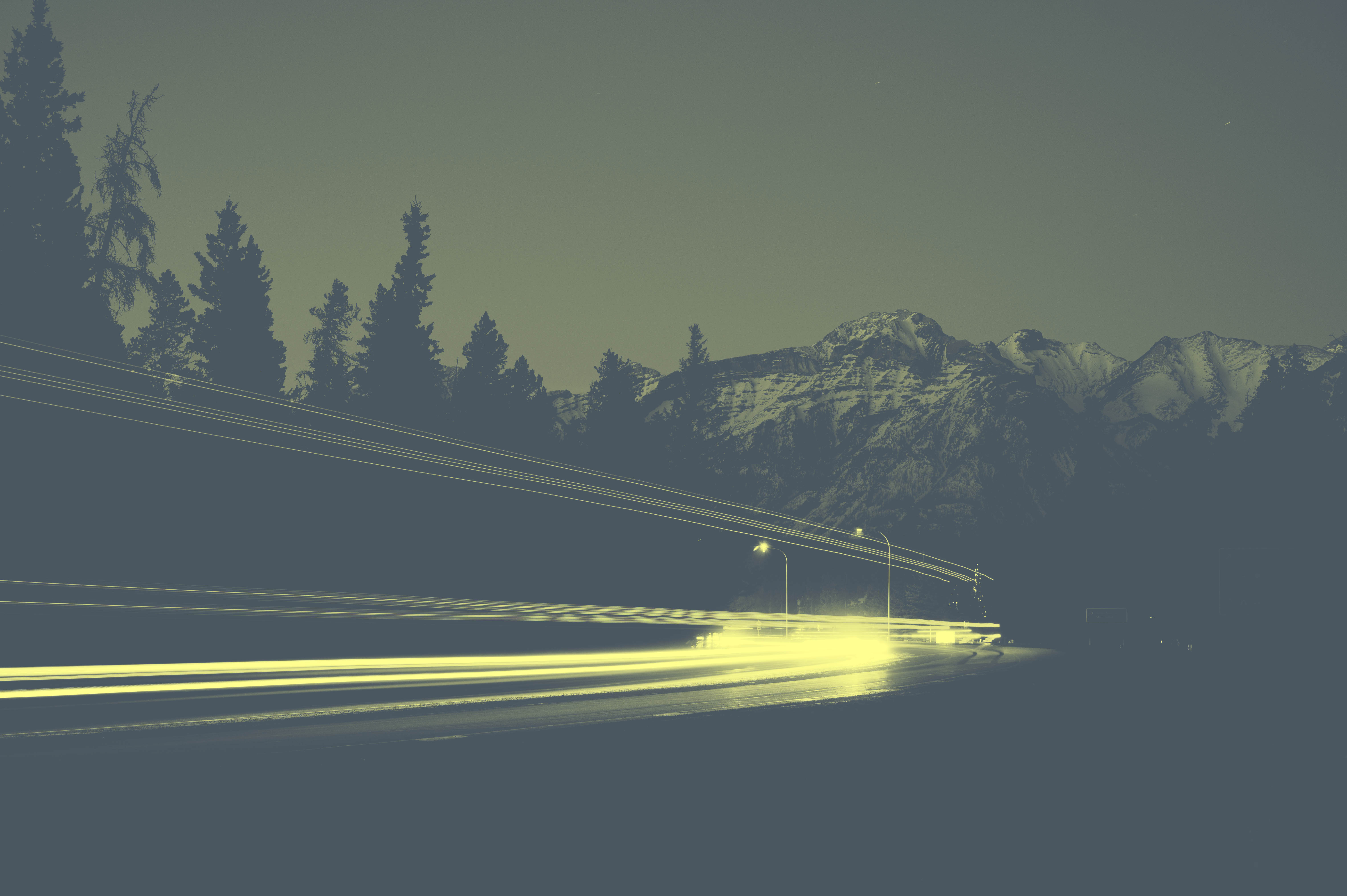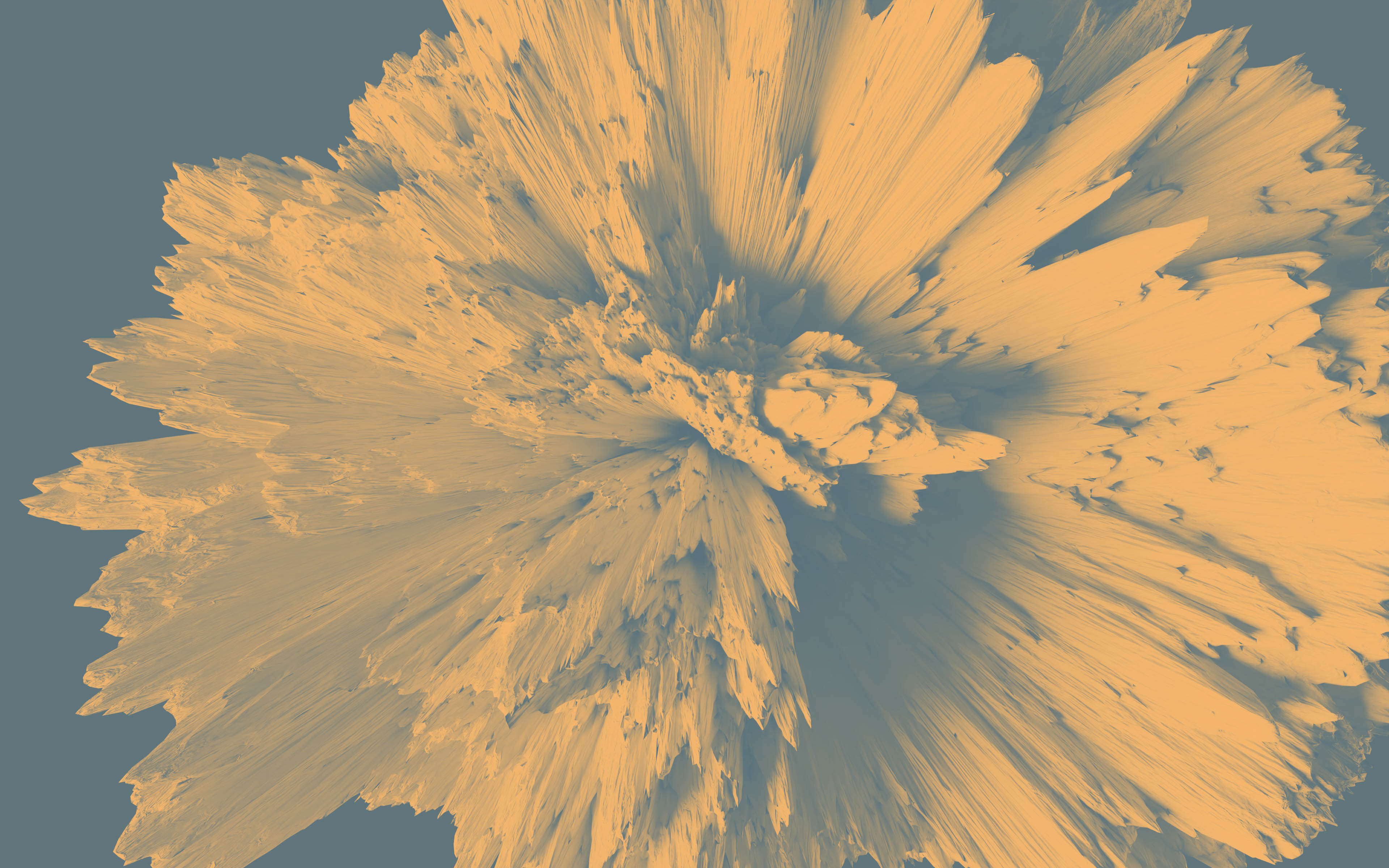
sbe22 berlin
The Students Conference at the TU Berlin kicked off by an opening event in a workshop format on " Educational perspectives on Research and Teaching in architecture’ with a Focus on Methodologies and Approaches in Berlin as part of the Pop-Up Campus programme. The opening event invited special guests as speakers followed by a workshop together with the participating students with an aim to expand perspective to more critical positioning and to perceive the built environment within the planetary boundaries in the context of just sustainability and political positioning.
The workshop also discussed ‘What formats are needed in architectural teaching to develop approaches to solutions for the complex challenges of the built environment on a theoretical, design and real-world level? How can the student perspective be more integrated into research? What challenges and conflicts that are not yet discussed and How does the Architectural research and teaching methods be reflective of post-colonial history, globalization and political processes?
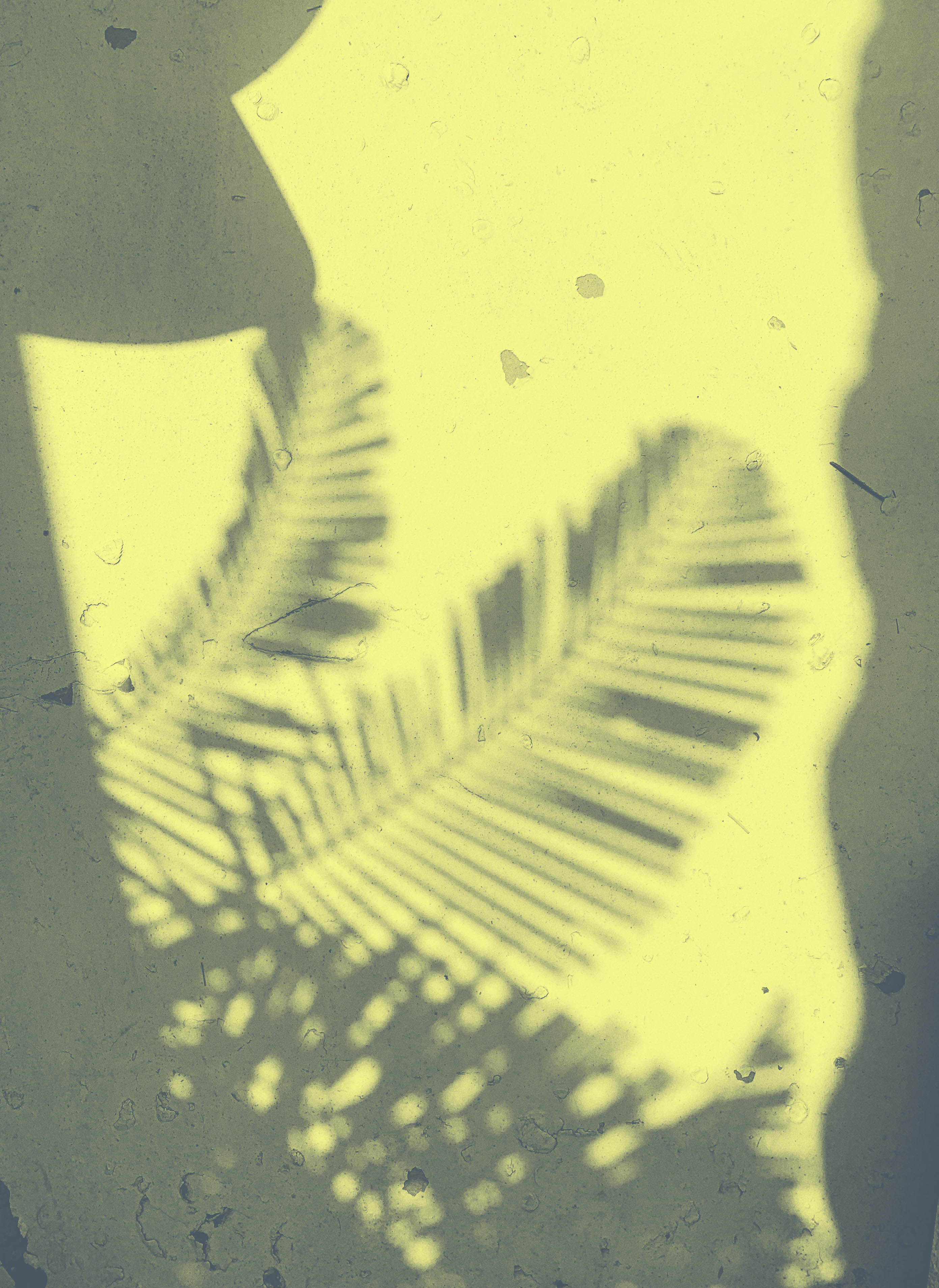
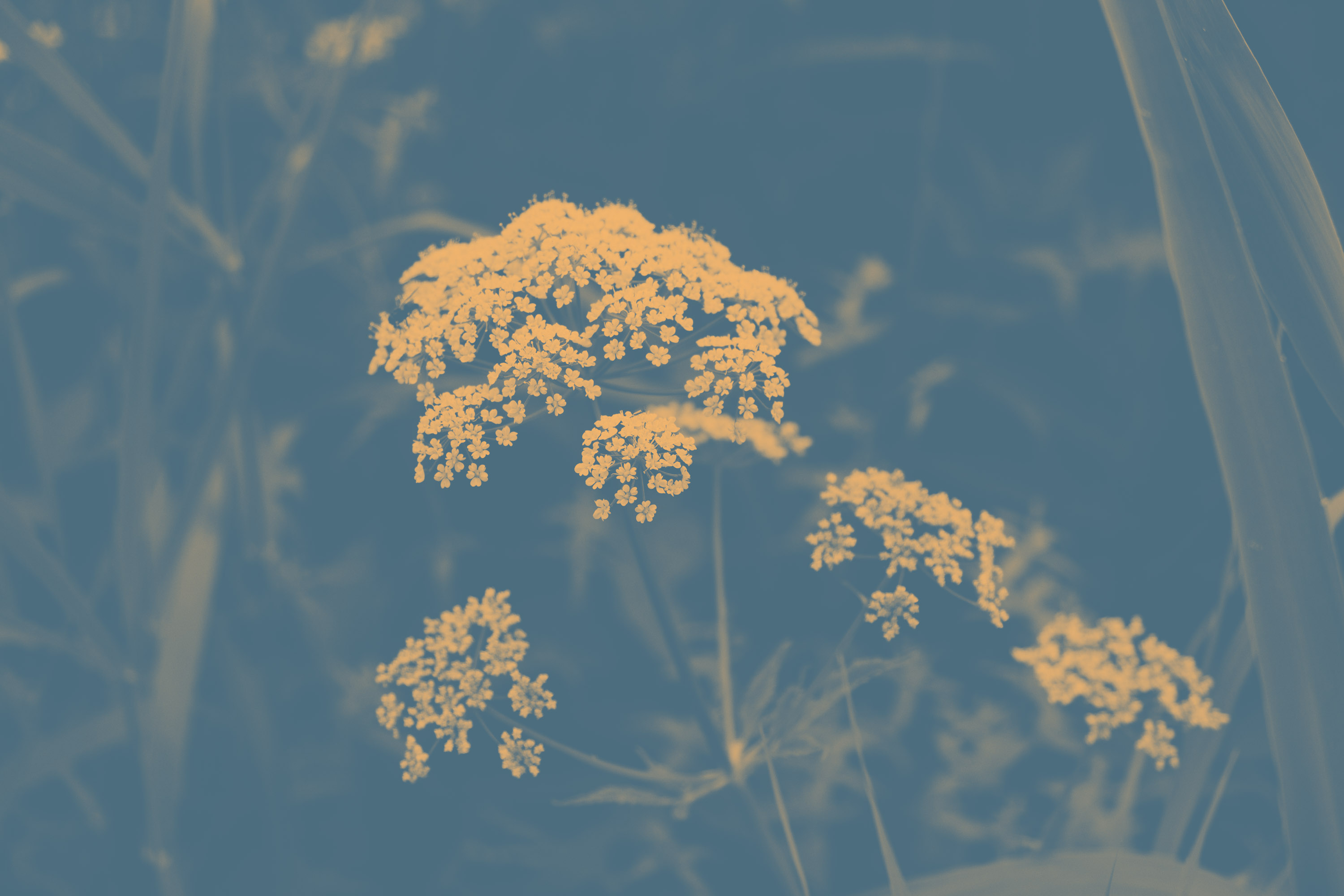
At sbe22 Berlin D-A-CH confernce there were three sessions of the Student conference. Here the final papers and projects of the participating students werde presented and discussed with moderators, members of the committee and other student participants. Within the discussion a special focus was given to methodologies and design approaches.
The first session of the conference mainly started with the topics on existing built infrastructures and revitalization projects was moderated by Alexander stumm and Christian Gäth. One of the projects with this focus, the sustainable transformation living lab in Aachen presented a very analytical approach based on observation concerning climate change and key question of how to integrate the users in the process of conceiving the project. They also addressed the need to develop the ideas with a special focus on the living lab and climate labs as summer school. Another Key approach was presented in the project of RE:chenzentrum Minimal maximal where the inhabitants of the project were introduced directly on the design table to develop possibilities and produce ideas together as a participatory process.
The second session focused on Material flows and chains was moderated by Elke Beyer. The project Re. material – an open studio for circular building in this session engaged itself as a student initiative in a real context, discussed the challenges and experience of interaction with people and experts on the topic. The second project Material matters explored the aspects of material recyclability, awareness about the subject and potential for shared knowledge resources on the same. Third paper discussed the preconception and repression of earthen Architecture in Europe and the need for mapping the cultural heritage in the German context and learn from it. A rather practical methodology was brought by another paper, where the material testing was in central focus as potential building material for indoor and outdoor climate in the same session.
Design and Process - Reduce, Reuse, Recycle.The third session presented the projects with a focus on design approaches, concrete examples and realized projects. The session presentation therefore took place with the formats of Poster, Prototypes, Models and videos in the exhibition space. This session included 1:1 scale prototype as well as student lead & executed thesis projects. The project of architecture as a living ecosystem shifted the focus from design to research and brought in the idea of values as guidelines for the design process in focus. With a Focus on constructive design intervention, the session brought in potential guidelines, design build formats along with experimental prototypes for sustainable building in the future.
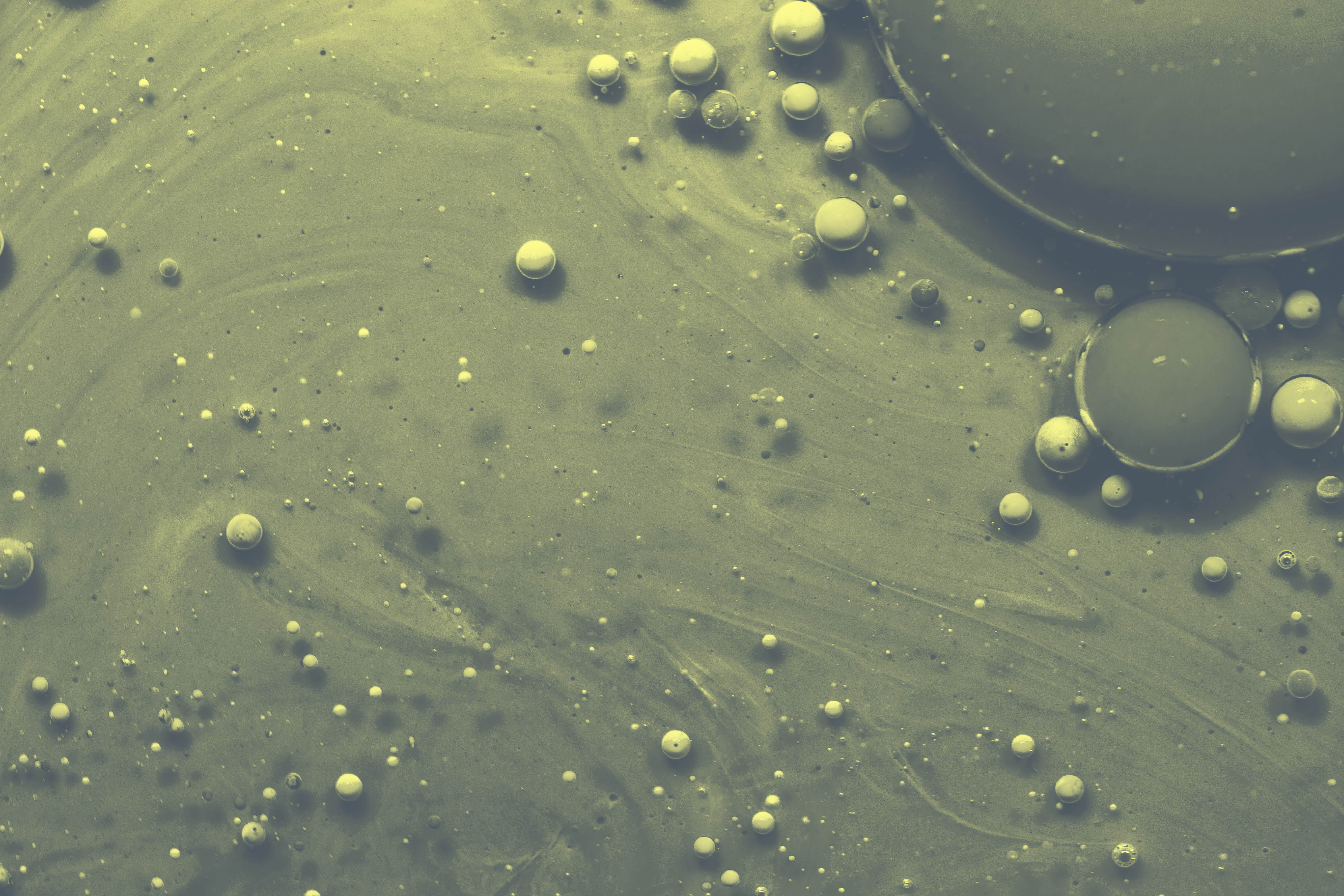
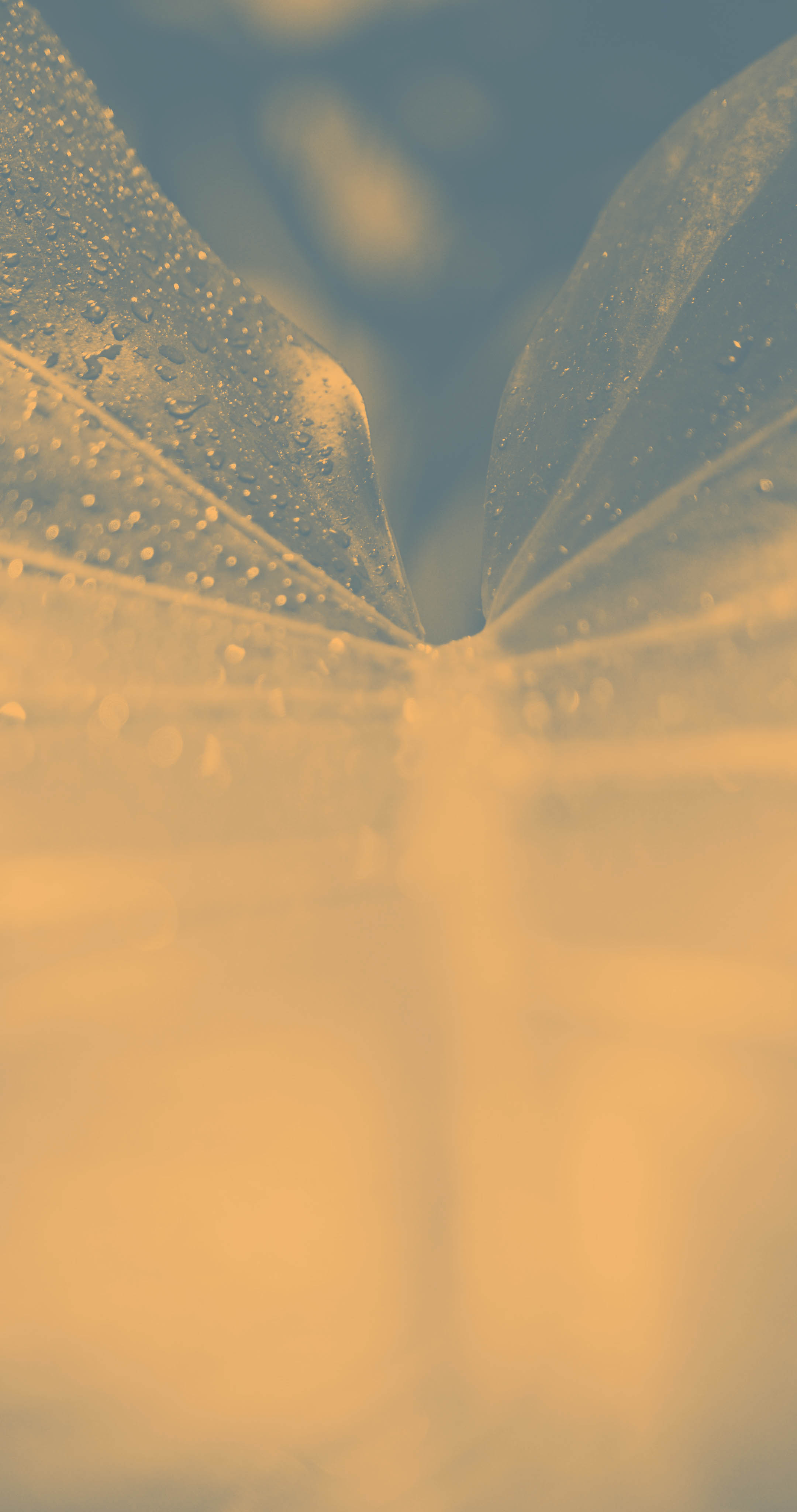
The student conference additionally invited professors, young researchers and students to form a scientific committee as an advisory board. The board of teachers and students reviewed the submissions and invited a number of projects to prepare a full paper for the conference in Berlin in September.
TU Berlin
HCU Hamburg
TU Berlin
TU Berlin
TU Munich
TU Munich
TU Berlin
TU Berlin
TU Braunschweig
Uni Kassel
KTH Stockholm
TU Munich
TU Berlin
TU Berlin
TU Berlin
TU Berlin
RWTH Aachen
TU Berlin
TU Berlin
TU Darmstadt
TU Berlin
TU Berlin
TU Braunschweig
HCU Hamburg
Uni Kassel
The main aim of the Scientific Committee was to review the abstracts, provide concrete feedback to the submitted abstracts, shortlist the accepted abstracts, review the final papers and select the best paper award at the end of the conference.
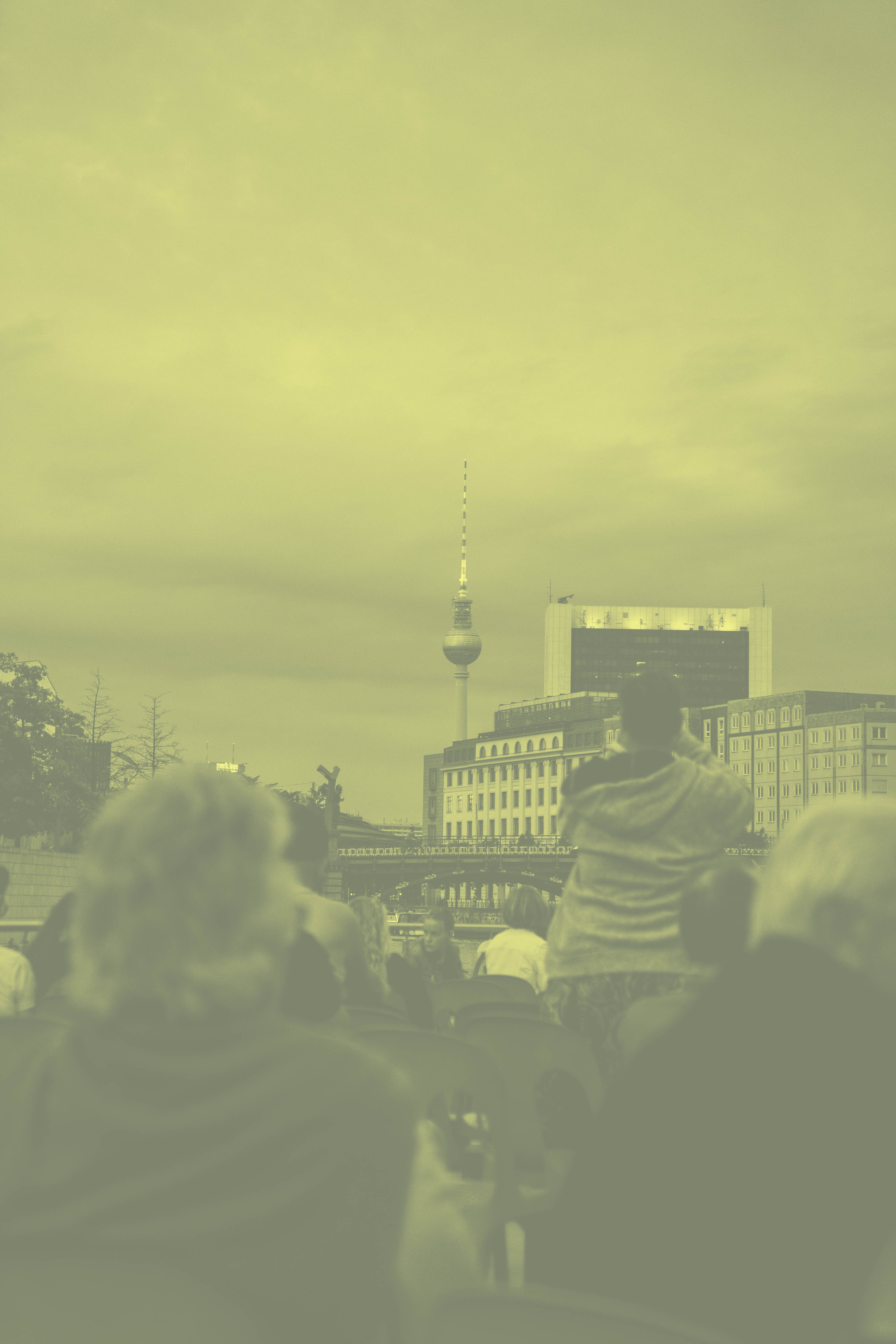
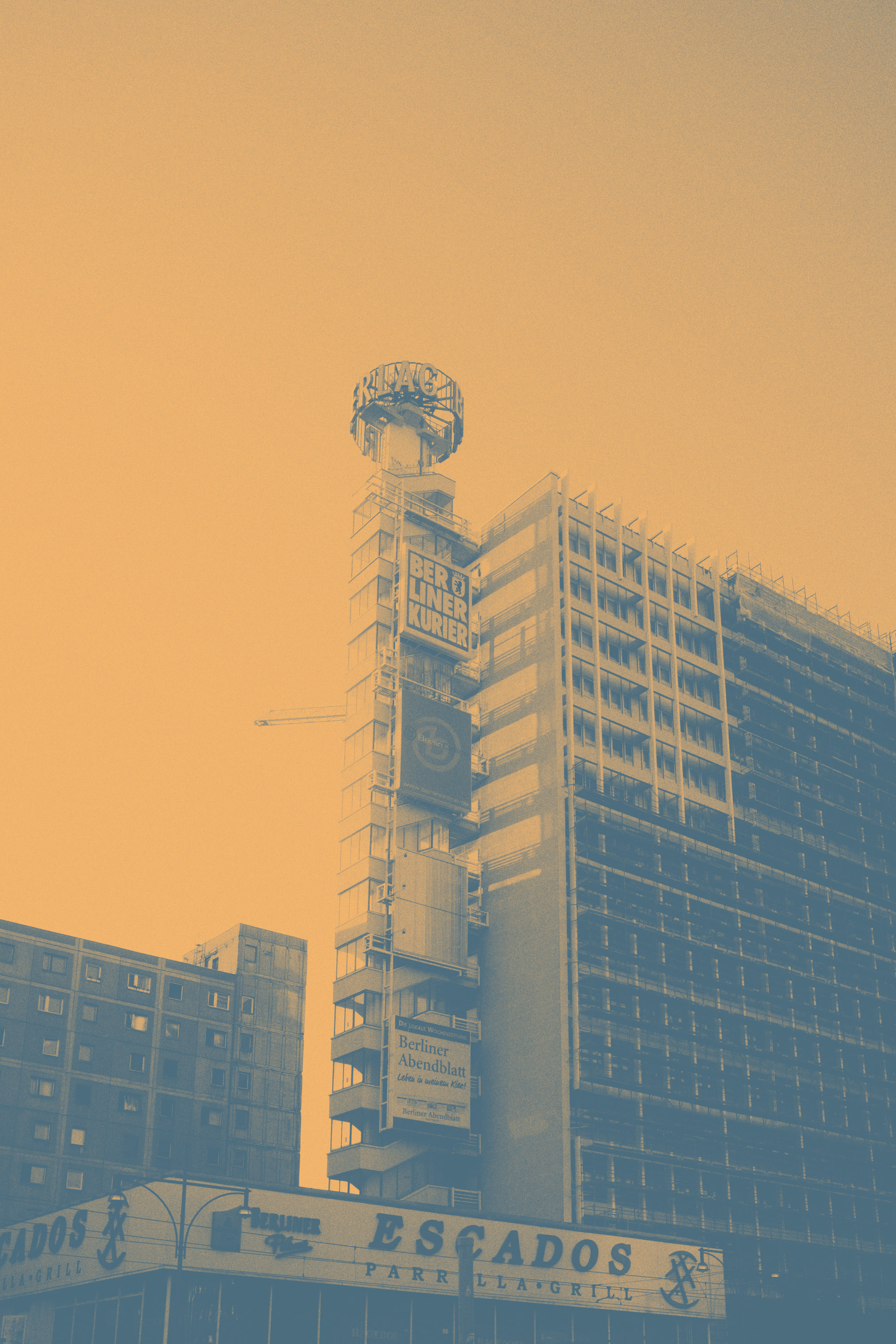
The outstanding Paper Award Comittee for the Student Conference, consisting of
Nina Pawlicki (TU Berlin),
Eike Roswag-Klinge (TU Berlin),
Kim Gundlach (TU Berlin),
Sinali lal d'Aram de Valada (TU Berlin)
Matthias Ballestrem (HCU Hamburg),
selected a total of three papers based on the results and suggestions of the scientific advisory board. The following papers were awarded:
Authors: Marie Dewey, Stine Hahnel, Johannes Zerfaß, Theodor Deistler
Instituition: RWTH Aachen, Germany
1st session on Transformative spaces - Experimental Large - Scale Projects
Author: Abhinav Thakar
Institution: TU Berlin, Germany
2nd session on Material Flows and Commodity Chains
Author: Viktoria Bacheva
Institution: TUDelft, the Netherlands
3rd session on Design and Process - Reduce, Reuse, Recycle
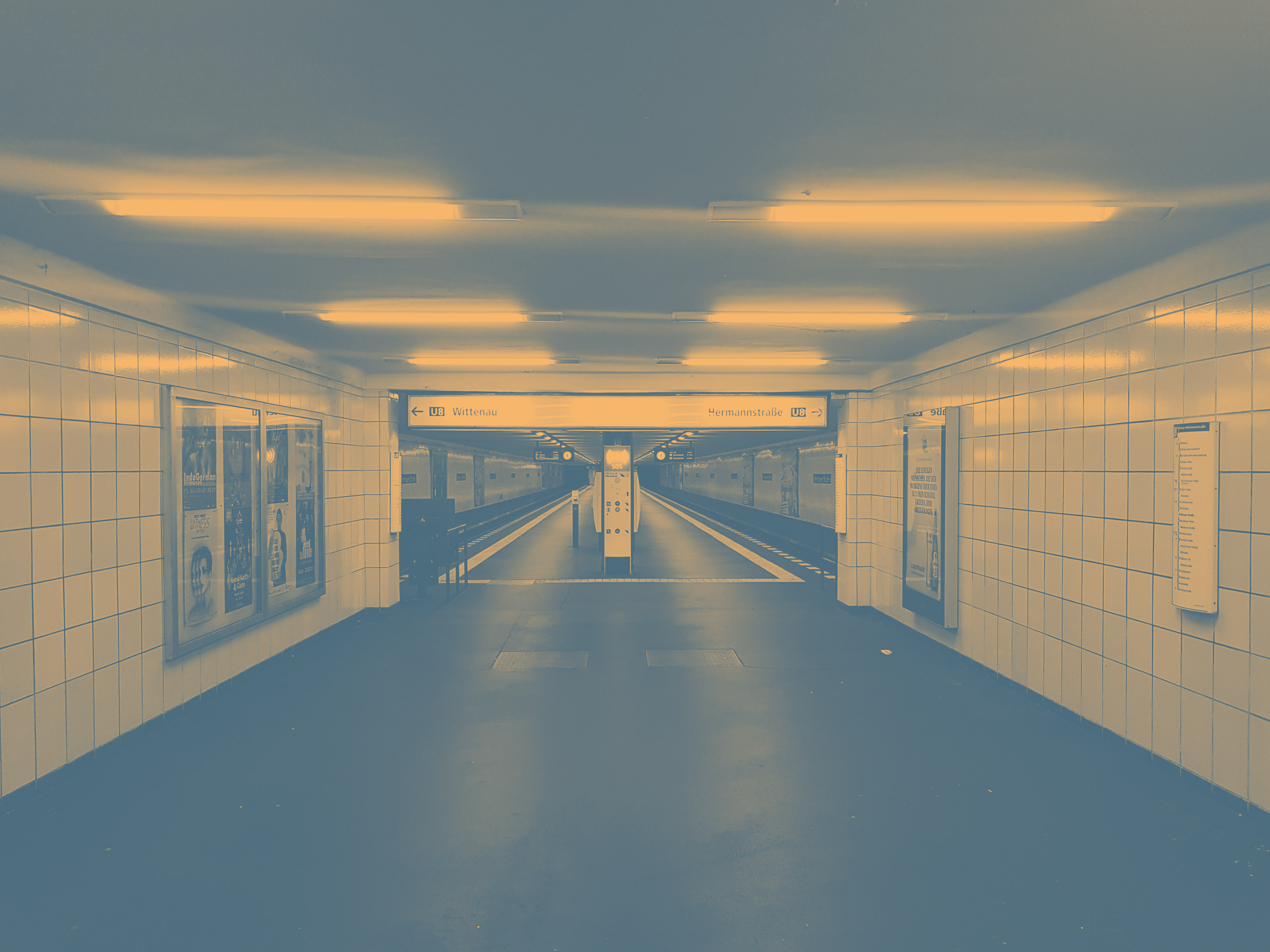
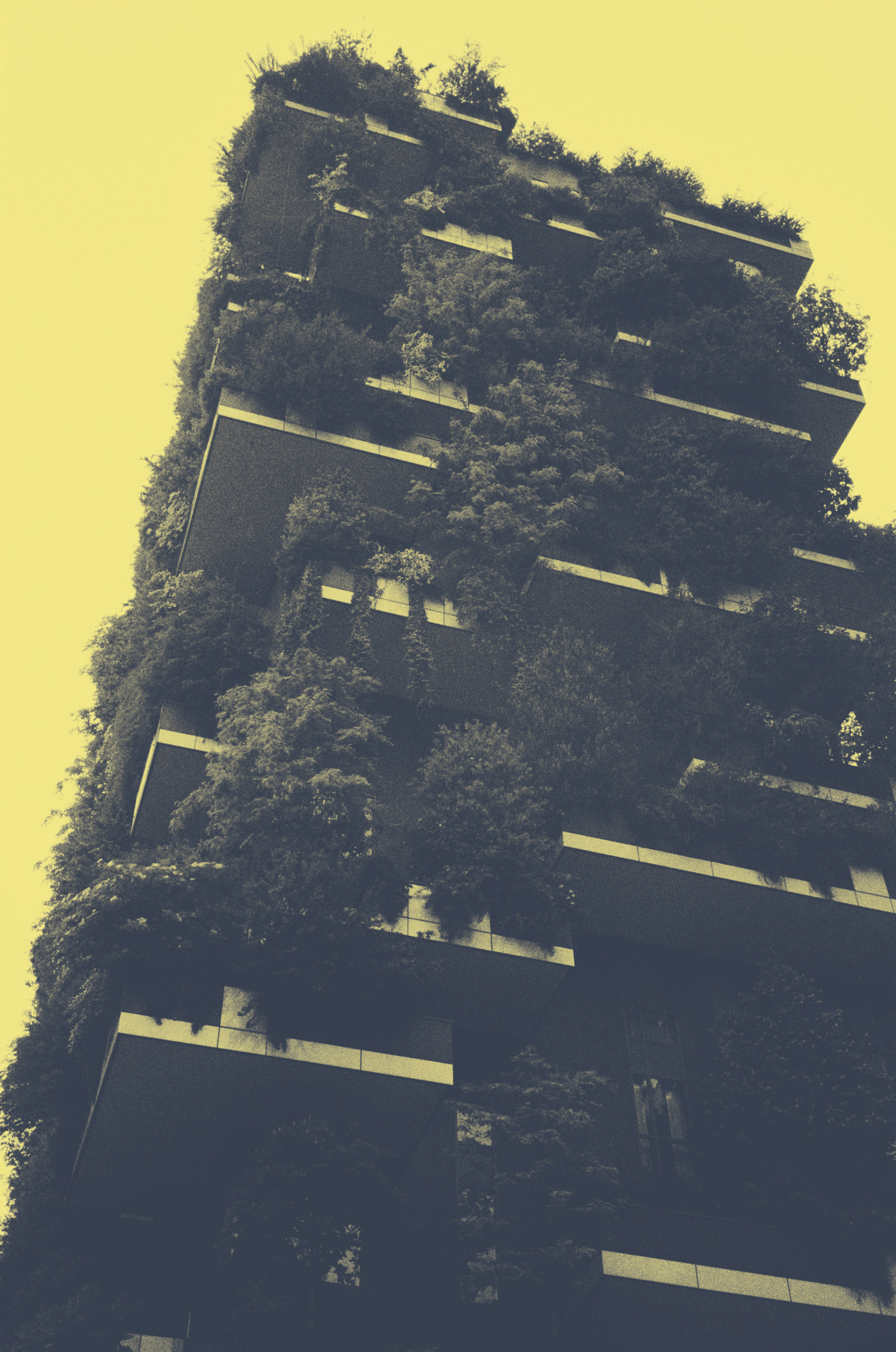
Below you can find the overview of all submissions of the student conference that were selected for presentation and publicaion at sbe22 Berlin Student Converence. Both paper and poster are available for download. For further questions regarding the projects please contact the Natural Building Lab team or directly the authors.
B Zweig, N Grzywatz
C A Moscoso Lizama
T Deistler, M Dewey,S Hahnel, J Zerfaß
L Brüssermann, L Falke, J Immel, N Möllering
S Ulusoy, M Polyakova
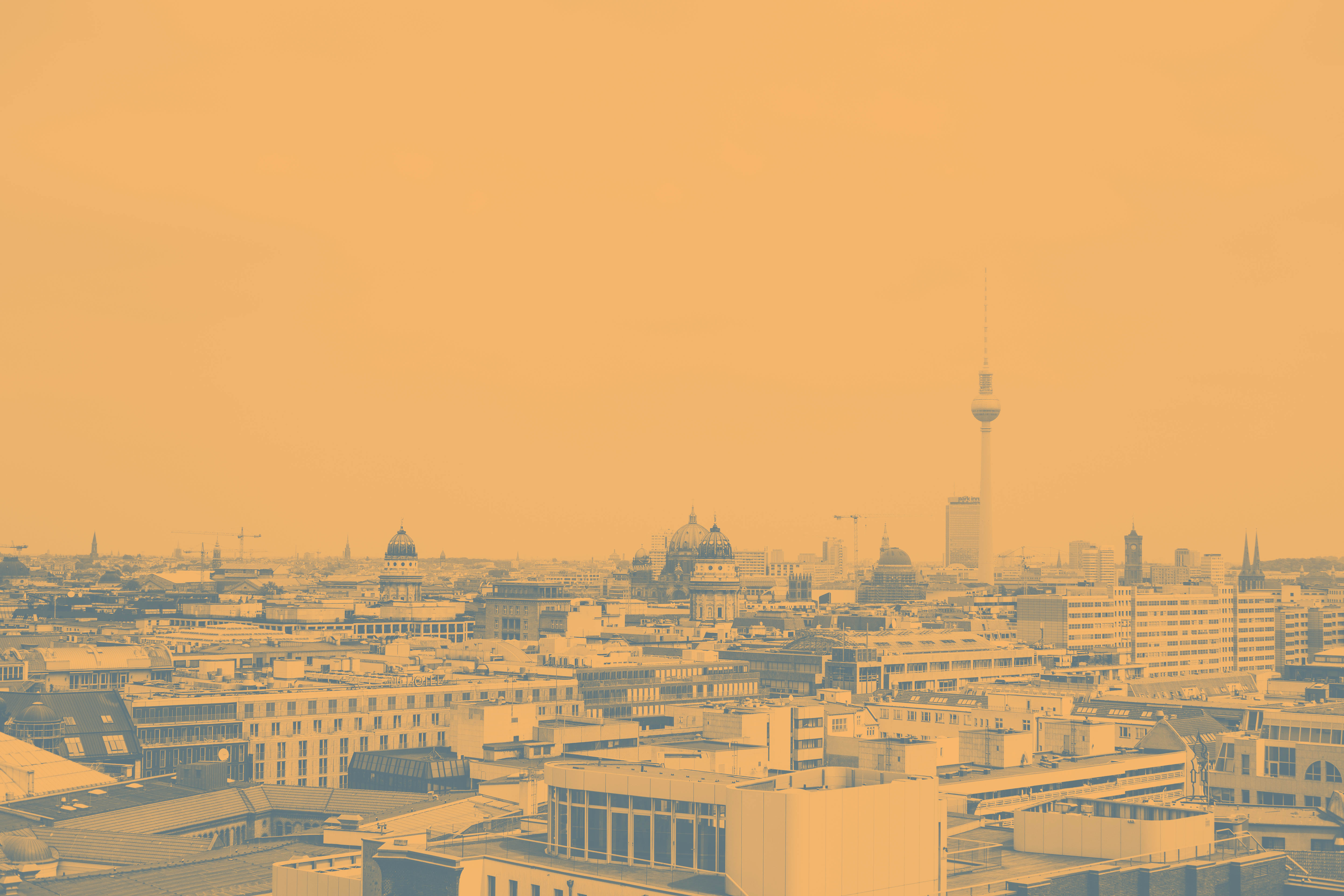
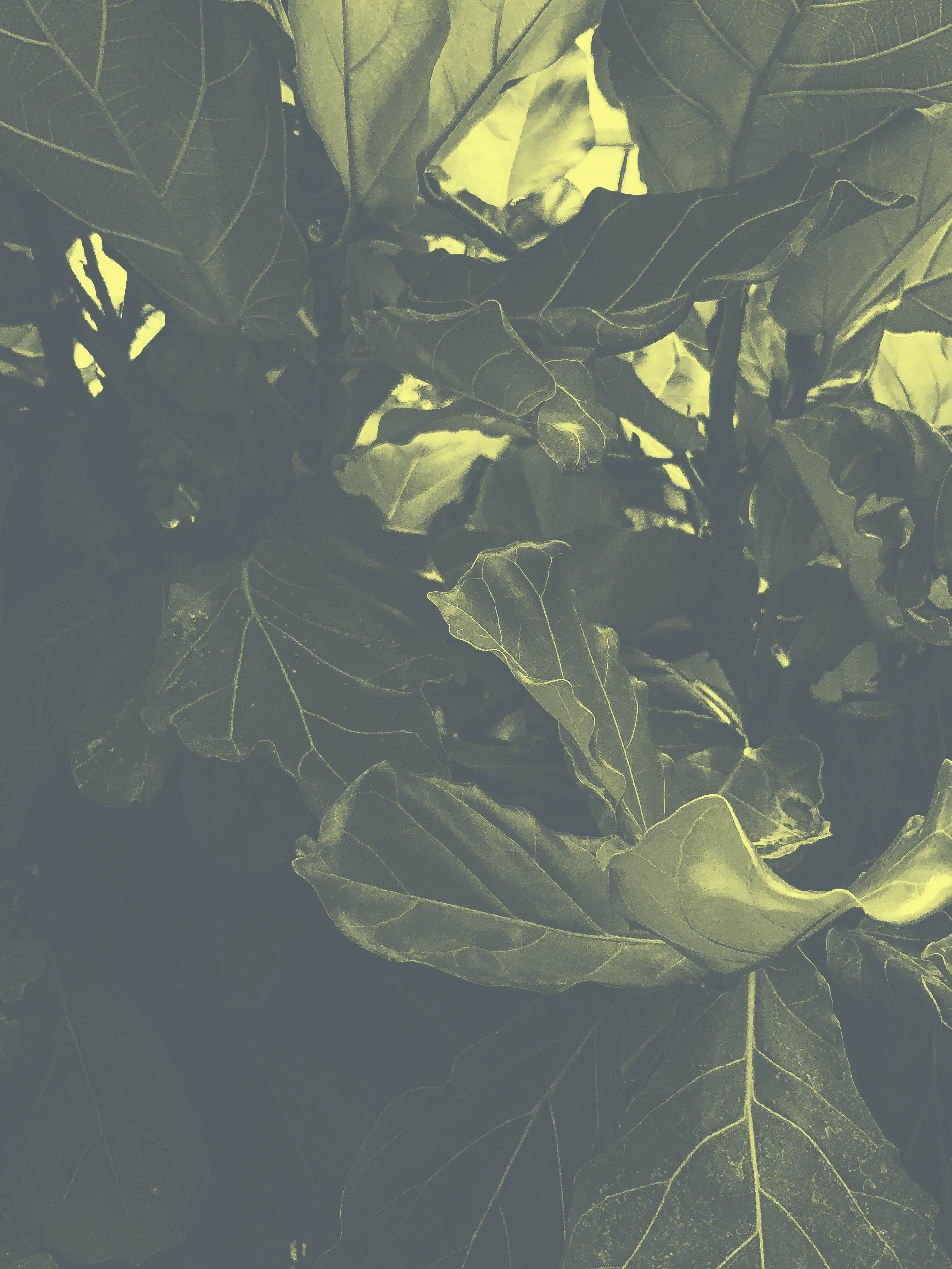
During the summer semester 2022 a seminar with 6 student was held within the preparations of sbe22 Berlin D-A-CH conference. The focus of the seminar was to design, construct and build a sustainable, reversible exhibition system for the conference. The aim was to create a free-standing, independent exhibition system that could be easily dismantled and reassembled and thus used for many more exhibitions in the future. The exhibition system had to meet the challenges of monument protection and fire protection of the main building at the TU Berlin. During an intensive construction week, the exhibition was built with other committed students in the workshop in Ackerstraße. The students also focused strongly on the choice of material. In the run-up, leftover materials from Berlin museums, construction sites and the waste from the wood workshop were collected. From the donated and collected recyclable materials, it was possible to build the wayfinding system and the stools for the exhibition.
Today, the stools are used in the foyer of the Institute of Architecture at the TU Berlin and serve as seating for students. The exhibition system was used for the master's thesis presentations shortly after the sbe conference and is ready for many more flexible applications in the future.
